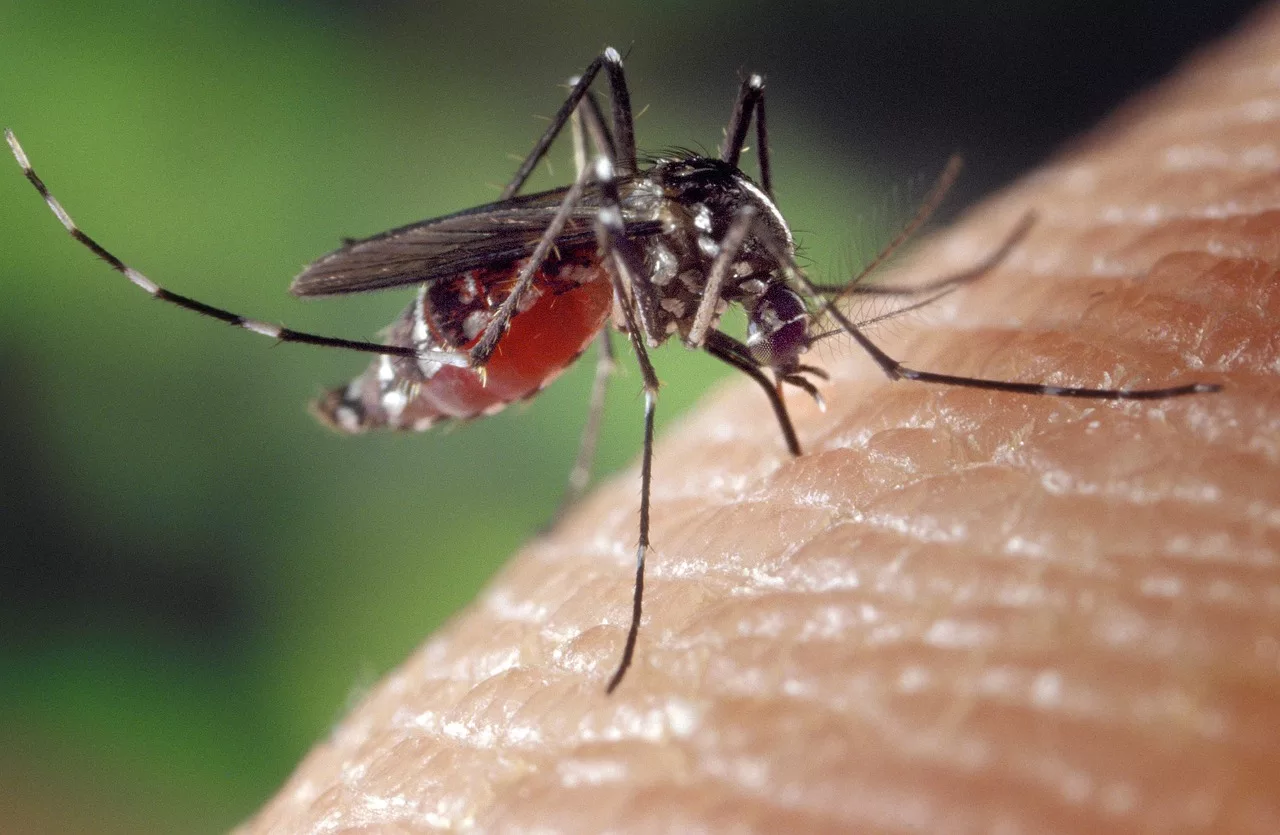
BISMARCK, N.D. (NewsDakota.com) – May’s rain showers and rising temperatures in North Dakota have created an environment conducive to increasing mosquito populations. With the arrival of mosquito season, North Dakota Health and Human Services (HHS) is emphasizing awareness of West Nile virus and providing best practices to prevent the mosquito-borne disease.
In 2023, North Dakota reported 58 human cases of West Nile virus across 19 counties. Of these, 26 individuals were hospitalized, and two cases were fatal.
West Nile virus is transmitted through the bite of an infected mosquito. There are no vaccines or medications to prevent the virus; thus, avoiding mosquito bites is the best method of protection.
HHS recommends using insect repellent registered with the U.S. Environmental Protection Agency (EPA) that contains DEET, picaridin, IR3535, oil of lemon eucalyptus, PMD, 2-undecanone, or permethrin for clothing only. Limiting outdoor activities between dusk and dawn, the peak biting times for mosquitoes that carry West Nile, is advised. Wearing light-colored, protective clothing such as long-sleeved shirts, long pants, and socks when outdoors can also help. Eliminating standing water in containers around homes, such as gutters, buckets, flower pots, old tires, wading pools, and birdbaths, where mosquitoes can lay eggs, is crucial. Installing or repairing screens on windows and doors to keep mosquitoes out of residences and maintaining a well-trimmed yard and landscape around homes are also recommended.
While most people infected with West Nile virus do not develop symptoms, those who do often experience fever, headache, body aches, joint pain, vomiting, diarrhea, or rash. Serious symptoms, though rare, can include high fever, headache, neck stiffness, stupor, disorientation, coma, tremors, convulsions, muscle weakness, vision loss, numbness, and paralysis.
Individuals over 60 or those with underlying health issues are at greater risk for developing severe neuroinvasive disease.
HHS advises that individuals who develop symptoms should consult a health care provider. There are no specific treatments for West Nile virus, as antibiotics are ineffective against viruses. Symptom relief may be achieved through rest, fluids, and over-the-counter pain medications.
As North Dakota enters mosquito season, residents are urged to take preventive measures to protect themselves from West Nile virus.
